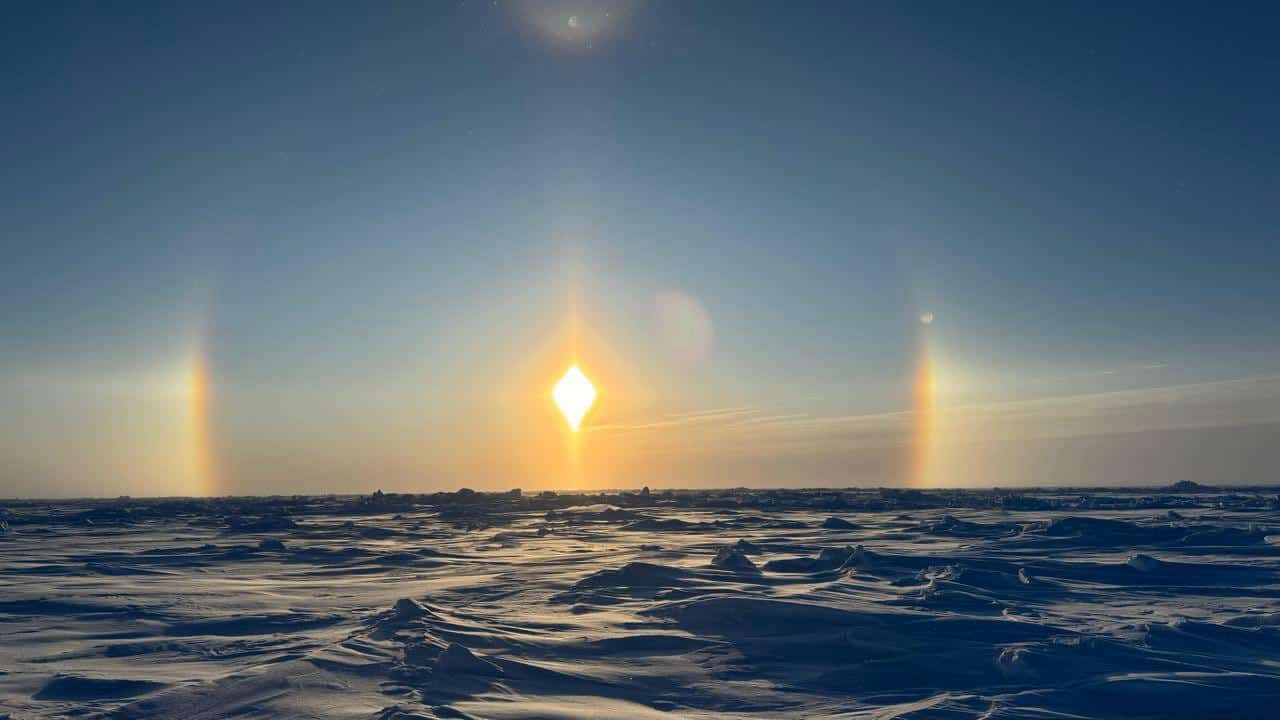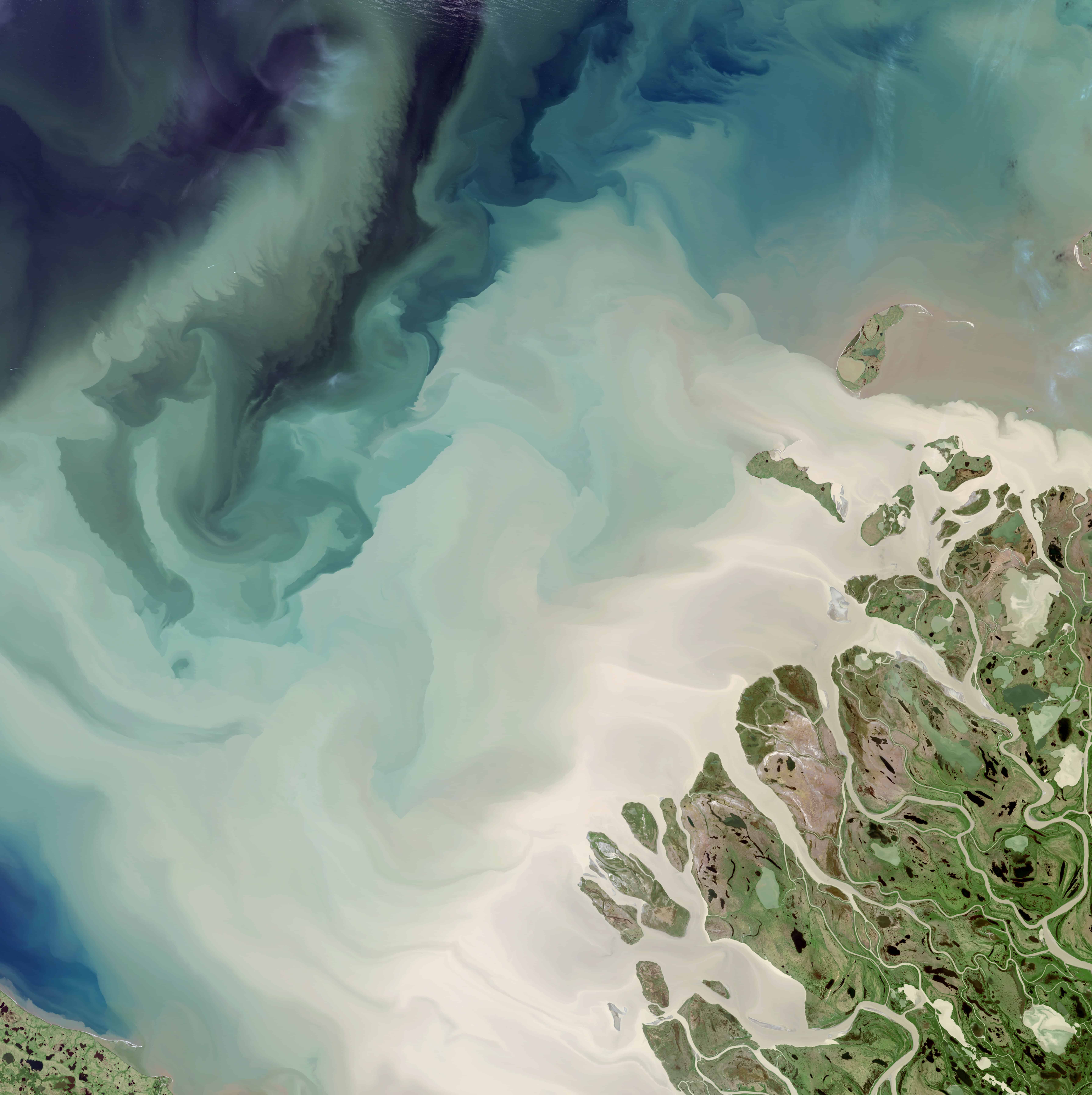Routine tests, which includes checks for radioactive atoms, showed no contamination of grain that was being prepared for export, according to the government’s grain safety agency.
Mayak, a unit of Russia’s state nuclear power company Rosatom, said the concentration of ruthenium-106 reported by the country’s meteorological service earlier this week posed no health risk.
Wheat futures added 0.2 percent in Chicago. Yesterday, prices rose as much as 1.5 percent amid speculation that Russian exports may slow following the radiation report. Russia’s record crop and fast pace of exports have depressed global prices this year.
How an Oil Giant (Russia) Came to Dominate Wheat: QuickTake Q&A
“There could be more to it in the future, but given what we know now it’s a non-factor for the market,” said Matt Ammermann, a commodity risk manager at INTL FCStone Inc. “The reaction has been kind of muted.”
Wheat from southern Urals, the area thought to be the source of the radiation, makes up a very small share of Russia’s exports because it’s far from Black Sea ports. The radiation emission spread as far away as France in late September and was detected by a number of European monitoring stations at the time.
Food Safety
“We are keeping track of this and are monitoring the situation,” said Yulia Koroleva, director of the Federal Center of Quality & Safety Assurance for Grain & Grain Products.
Greenpeace has demanded that Rosatom and law-enforcement agencies investigate the radioactive emission. Mayak has denied being the source of radiation in a statement.
“This must be raising concerns for traders and consumers, said Charles Clack, an analyst at Rabobank International. “It could be a real concern if radiation is detected in the grain supply chain.”
Any worries from international buyers could boost exports of wheat from the European Union and the U.S., which are currently running slower than last year. The spread between Russia’s inland and export prices signals there’s still good demand for Russian wheat, said Arnaud Saulais, a broker at SCB Group in Switzerland.
“I haven’t heard anything from clients” on the radioactive matter, said Saulais. “There’s big production inland, but good demand at ports.”
With assistance from Isis Almeida.
To contact the reporters on this story:
- Anatoly Medetsky in Moscow at amedetsky@bloomberg.net
- Manisha Jha in London at mjha13@bloomberg.net
To contact the editors responsible for this story:
- Lynn Thomasson at lthomasson@bloomberg.net
- Nicholas Larkin



